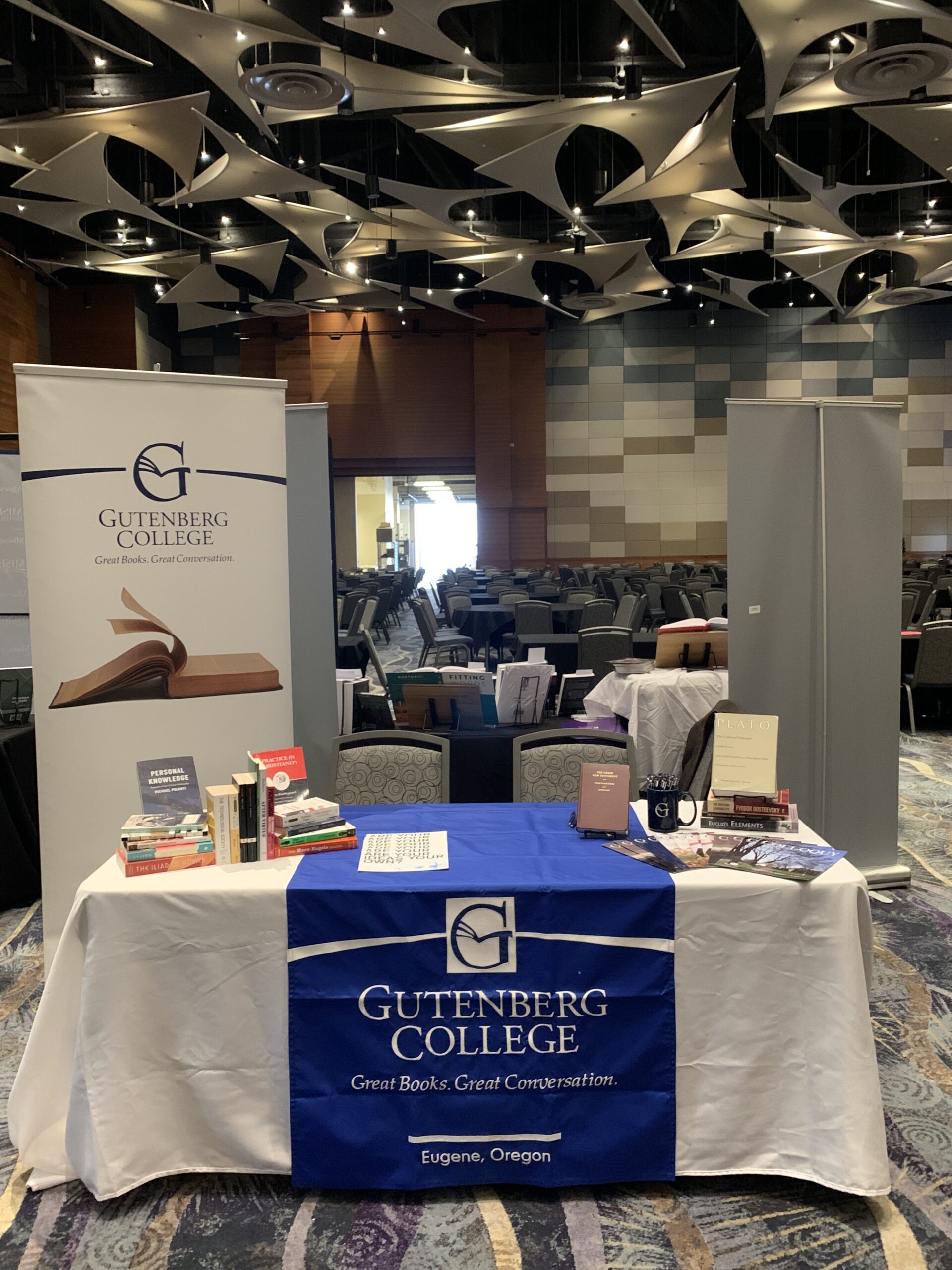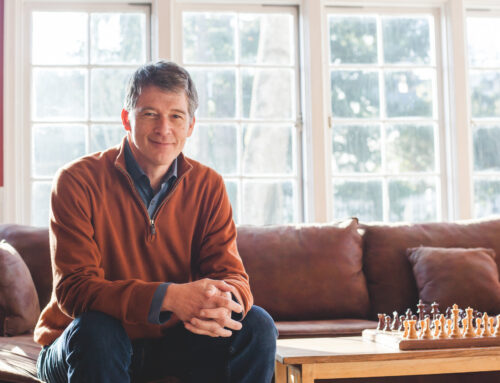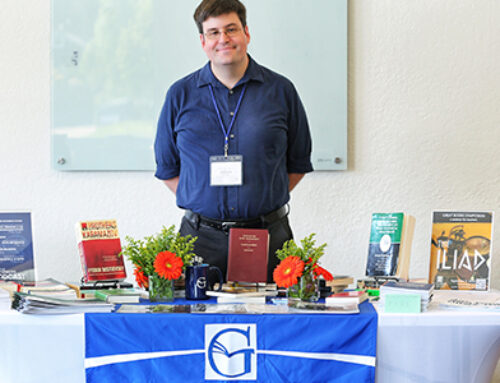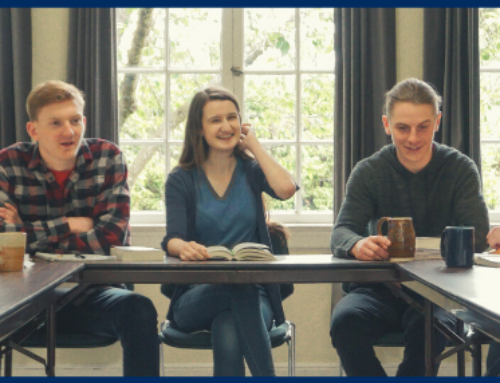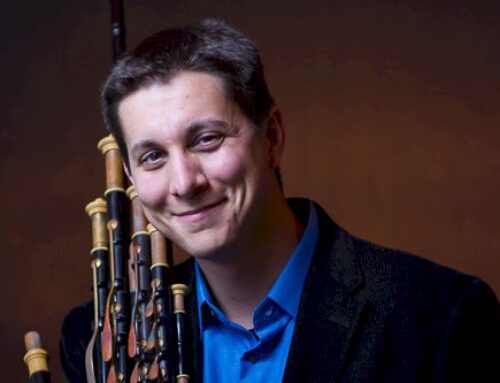Gutenberg tutors Eliot Grasso and Chris Swanson have been invited to give talks and lead workshops at the National Symposium for Classical Education in Phoenix, Arizona on February 22-24.
Dr. Grasso will give a talk on “The Role of Musical Tradition Today”: For centuries in the West, people have gathered to make music together. Music traditions pass down domains of knowledge that have accrued over generations. Whether in contexts public or private, sacred or profane, casual or official, musical traditions have played a critical role in human culture. But, how does this knowledge transfer happen? What sort of knowledge does music impart? Why does musical tradition still live in the bedrock of culture? Does traditional music have anything to teach us about culture today? In his talk, Dr. Grasso will use the case study of Irish Traditional music to explore these questions.
Dr. Grasso will also lead a workshop on “Composing New Music, Traditionally”: No matter how novel, all new music is in dialogue with past traditions. Today, many musicians look to tradition for aesthetic and formal inspiration while they attempt to fashion new music that is both unique and personal. Participants in the workshop will collectively compose a new tune in a traditional style and discuss where and how innovation touches tradition. No compositional or performing experience is needed to participate!
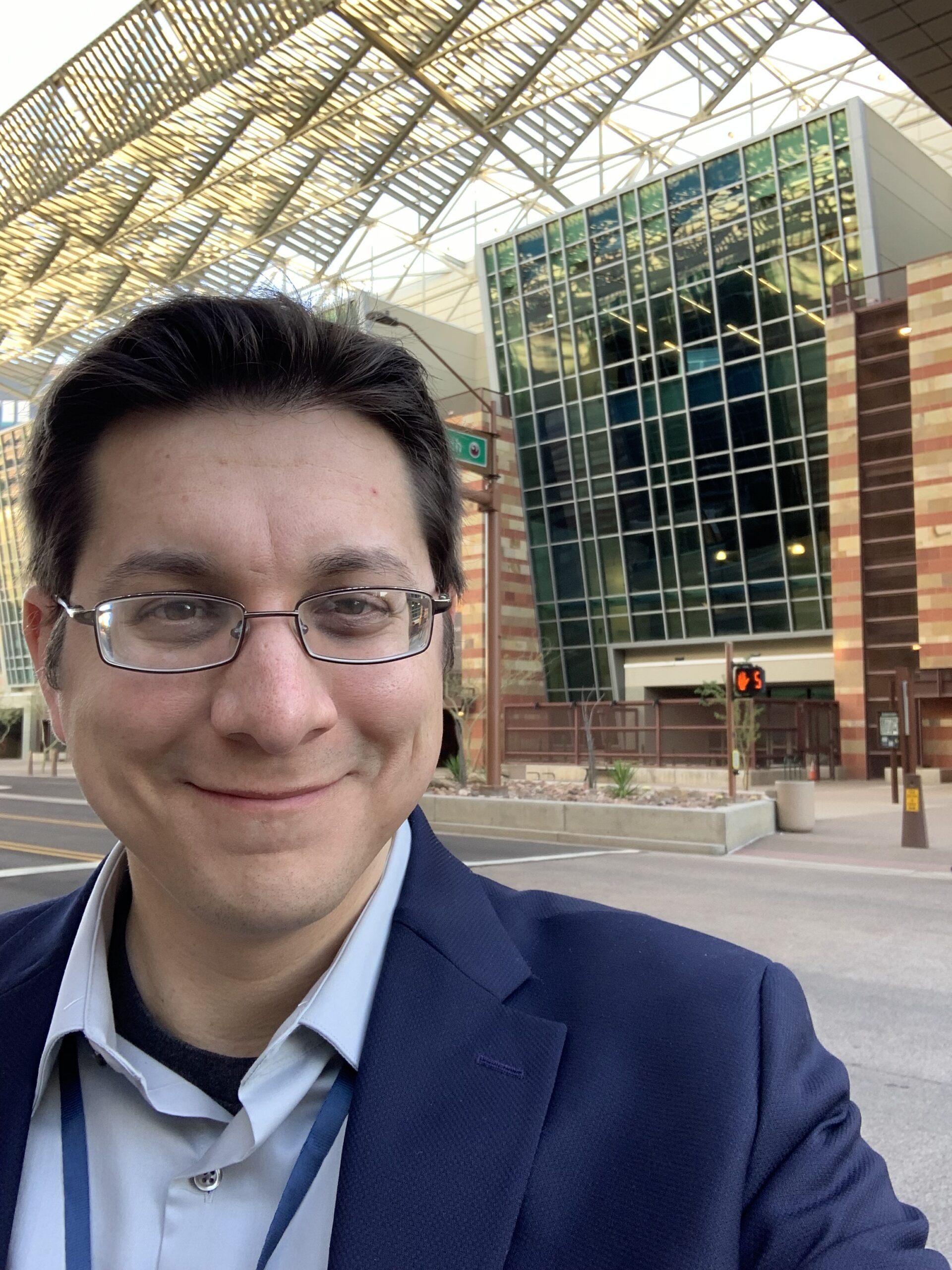
Dr. Swanson will give a talk on “The Physics Tradition”: The most common view of physics is indefensible. It sees physics as a science progressively marching toward the ultimate truth. The example most often cited as evidence is the progression of Ptolemy, Copernicus, Kepler, Newton, and Einstein. The view simultaneously assumes two incompatible positions: first, that we can know what is true because each step is “more true” than the previous step; and second, that we cannot know if our current position is true nor can we ever claim to arrive at truth. Dr. Swanson will explore the progressive view of science by looking at the perspectives of the scientists themselves and argue that none of them adopted this view. He will then consider “how we come to know” and argue that the progressive view of physics denies our knowing nature. In the process, Dr. Swanson will sketch a different view of scientific knowledge that provides a better groundwork for confidence, humility, and the pursuit of truth.
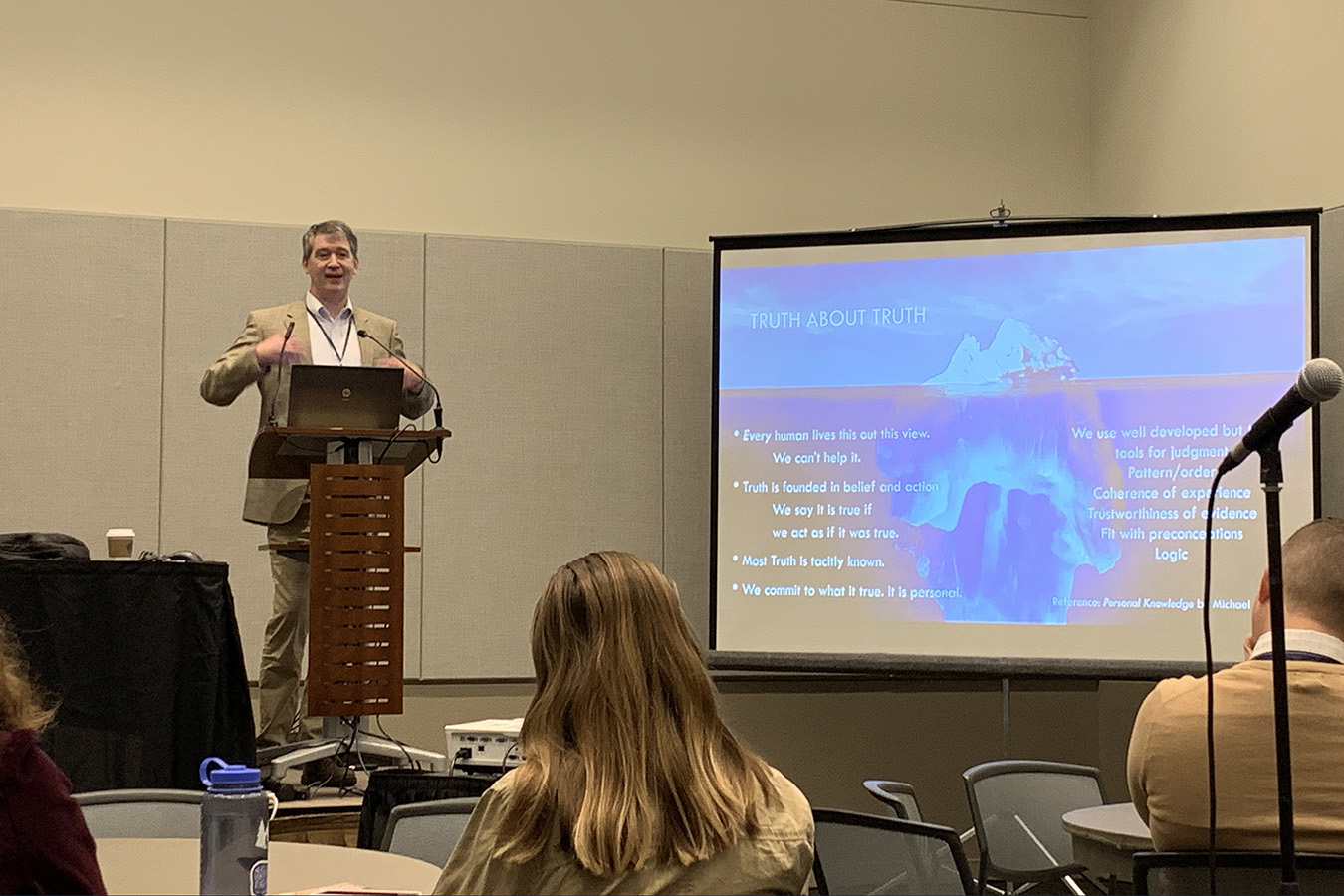
Dr. Swanson will also lead a workshop on “An Inquiry Approach to Physics”: It is a common criticism of history that the winners write the history books. The same is true in physics. Dr. Swanson will describe how as a student of physics, from high school all the way through graduate school, he was taught a canonical set of concepts and problems enshrined in text books. It became clear to him that the text books and teachers had all of the right answers, and his job was to absorb these concepts and learn how to solve these problems. He also learned two other problematic lessons implicit in the pedagogy: first, that scientific conclusions are settled and unquestionable; and second, that curiosity, discovery, and thinking for oneself are not a part of the discipline. Looking back at his education, he describes how the idea that conclusions were the result of intense debate and philosophical assumptions was never raised, and in fact, in all of his education, no one ever asked, “What is science?” His job, he says was to learn the paradigm, not question it—at least until he had a Ph.D. Participants in the workshop will explore an inquiry approach to physics with an eye toward helping students have a mature and nuanced view of the nature of science and develop their ability to think for themselves. The workshop will also consider an inquiry approach to the history and philosophy of science and an inquiry approach into the concepts themselves.
